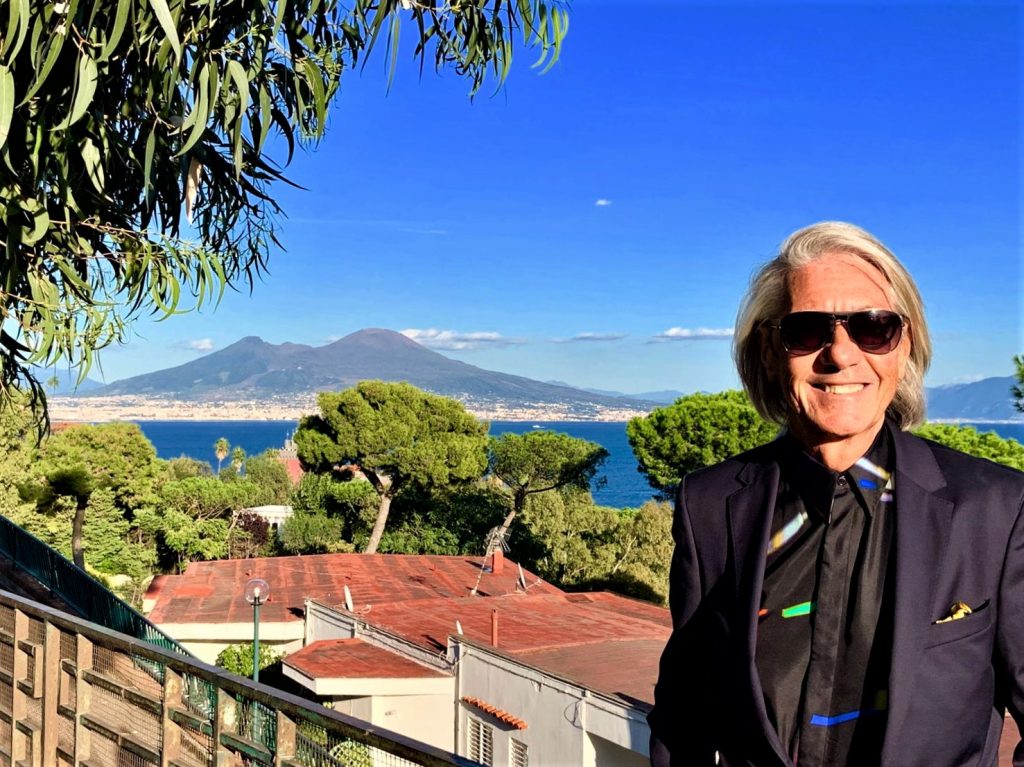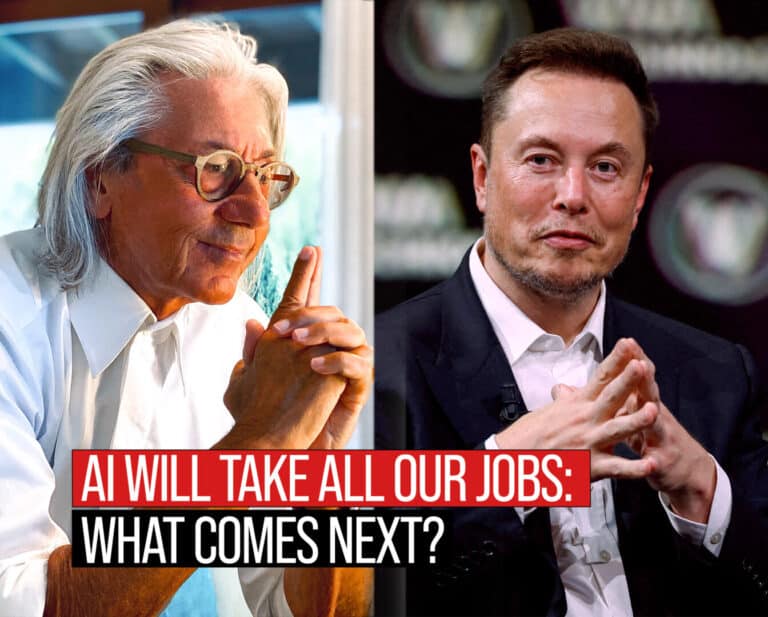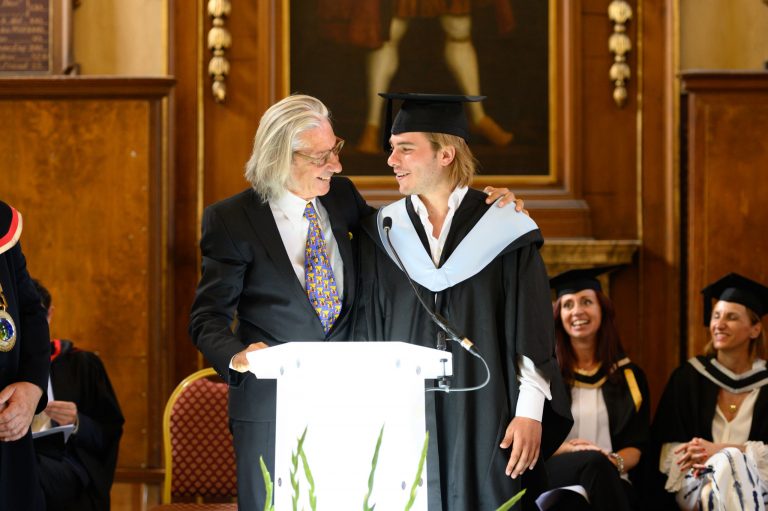Constitution and right to happiness
Starting from Filangieri
The European School of Economics “dreams” of a free and happy humanity, a truly rich economy, of well-being extended to every being on this planet.
The Italian Constitution is under scrutiny and, since it was drawn up, profound changes have taken place and are still in progress, both in the national and global economic and political system.
Elio D’Anna founder and president of the EUROPEAN SCHOOL OF ECONOMICS and author of the book The School for Gods (an ethical and philosophical message for a new school) argues provocatively that the Italian Constitution being reformed to start a project to emancipate contemporary Italian society, while it in fact needs to be revolutionised by changing its DNA.
He claims, using the example of the great Neapolitan figure Gaetano Filangieri, that Italy should be a Republic founded on the right to happiness, bringing to the fore the enlightened figure of the philosopher-legislator. In 1776, Filangeiri, along with a group of men who were spurred on by a philosophical and civil “enthusiasm”, when drafting the Charter of human rights, conceived a right that had never before been claimed: the right to happiness. The expression that everyone believes to have been coined by Thomas Jefferson and Benjamin Franklin came from Italy.
The first draft of the Declaration reads: “Man has a right to property”. However, this proposal by John Locke did not convince Benjamin Franklin, the father of the American Revolution, who sent a delegation to Italy, to Naples, with the draft of the Act of birth of the new nation and the task of meeting the man who would complete it: Gaetano Filangieri.
Therefore, the American Declaration of Independence has a Neapolitan father! “Man has a right to happiness” is a subversive statement that allowed for the creation and the grandeur of the ‘American dream’.
Article 1 states: Italy is a Republic ‘founded on work’. We still consider waged labour work par excellence and there is widespread concern at the increasing rise in unemployment. We are always talking about the need to create jobs but we forget that we cannot cling to the wealth of others – we have to produce it.
That is why he founded a school of Economics.
The European School of Economics states that the economy is happiness and that there is a vertical axis of the events, a higher level, a world of ideas and values that is projected onto the world of economy and business.
In the motto Visibila ex Invisibilibus, the European School of Economics has enclosed its ethical and philosophical message: if vision and reality are one single thing then the real change, the real innovation, comes from within the individual. Once again quoting Filangieri: “a happy moment, a victory of one day can offset the losses of several years, but a political mistake, a legislative mistake can produce unhappiness for a century and may preclude future development for centuries to come.”
The European School of Economics “dreams” of a free and happy humanity,
a truly rich economy, of well-being extended to every being on this planet.






